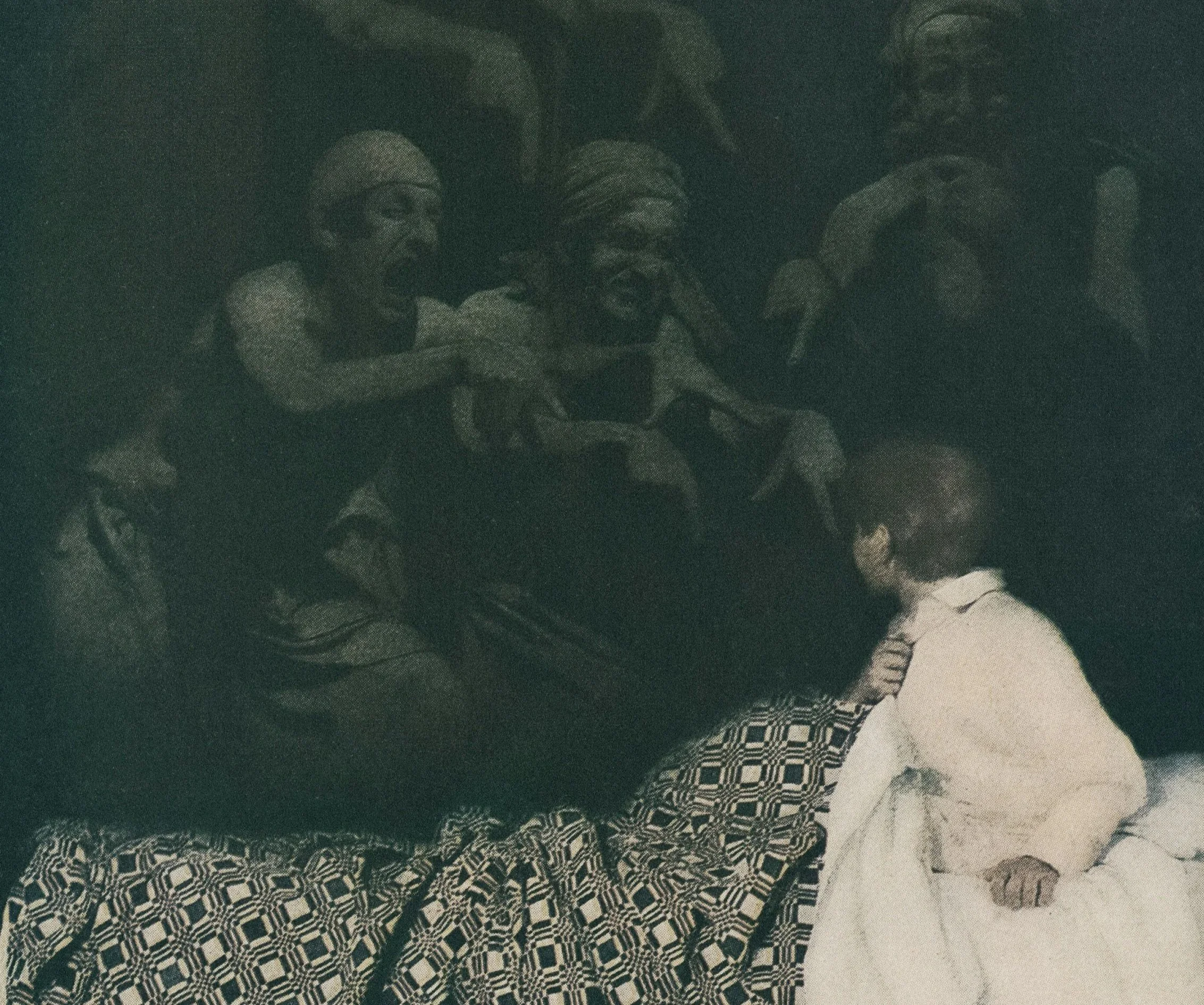 Image 1 of 1
Image 1 of 1


Object Relations Study Group 9.22.25
The Shame Era: Psychoanalysis Meets Patient 2.0
Monday, September 22, 2025
7:30 PM 9:00 PM
Christian Theological Seminary Counseling Center
Facilitated by Kelsey Hanlon, LMHC, Psychoanalyst
We invite you to join us as Kelsey Hanlon, LMHC, Psychoanalyst, facilitates our first study group of the academic year around the concept of shame. Are the patients we encounter today structurally different from those seen by early psychoanalytic thinkers? If so, how—and what implications does this have for our clinical work? Together, we will explore the cultural shifts that have shaped patients’ psychic organizations, particularly the move from guilt-centered structures (superego-dominated) to shame-centered structures (ego ideal-dominated).
Stefano Bolognini has described the emergence of “Patient 2.0,” for whom shame plays a central role in psychic life. This development challenges us, as clinicians, to recognize and respond to new forms of suffering and to develop modes of intervention that meet these needs. Through selected readings and clinical discussion, participants will differentiate acute from developmental trauma, compare interventions guided by superego versus ego ideal interpretations, and identify differences in patients organized around shame from those organized around guilt.
Historically, psychoanalytic theory has emphasized guilt and the role of the superego, often reducing shame to a fleeting affect or defensive maneuver. In doing so, the field has overlooked the growing significance of the ego ideal and its clinical implications. This course invites participants to think together about the shifting landscape of patients’ inner worlds, and to consider how our approaches might evolve in response. Clinical material will be used to apply these theoretical distinctions in clinical practice, deepening participants’ understanding of the evolving presentations of ‘Patient 2.0’. Cost to attend will be $32.50 (full-time student rate is $16.25 with discount code “STUDENT”). Price includes all credit card processing fees. 1.5 CEs are available.
Learning Objectives:
1) Describe at least two differences between patients organized around guilt and those organized around shame.
2) Compare and contrast clinical interventions based on super-ego interpretations versus ego-ideal interpretations in psychoanalytic treatment.
3) Analyze how cultural shifts contribute to the predominance of shame in contemporary patient presentations (i.e. Patient 2.0)
The Shame Era: Psychoanalysis Meets Patient 2.0
Monday, September 22, 2025
7:30 PM 9:00 PM
Christian Theological Seminary Counseling Center
Facilitated by Kelsey Hanlon, LMHC, Psychoanalyst
We invite you to join us as Kelsey Hanlon, LMHC, Psychoanalyst, facilitates our first study group of the academic year around the concept of shame. Are the patients we encounter today structurally different from those seen by early psychoanalytic thinkers? If so, how—and what implications does this have for our clinical work? Together, we will explore the cultural shifts that have shaped patients’ psychic organizations, particularly the move from guilt-centered structures (superego-dominated) to shame-centered structures (ego ideal-dominated).
Stefano Bolognini has described the emergence of “Patient 2.0,” for whom shame plays a central role in psychic life. This development challenges us, as clinicians, to recognize and respond to new forms of suffering and to develop modes of intervention that meet these needs. Through selected readings and clinical discussion, participants will differentiate acute from developmental trauma, compare interventions guided by superego versus ego ideal interpretations, and identify differences in patients organized around shame from those organized around guilt.
Historically, psychoanalytic theory has emphasized guilt and the role of the superego, often reducing shame to a fleeting affect or defensive maneuver. In doing so, the field has overlooked the growing significance of the ego ideal and its clinical implications. This course invites participants to think together about the shifting landscape of patients’ inner worlds, and to consider how our approaches might evolve in response. Clinical material will be used to apply these theoretical distinctions in clinical practice, deepening participants’ understanding of the evolving presentations of ‘Patient 2.0’. Cost to attend will be $32.50 (full-time student rate is $16.25 with discount code “STUDENT”). Price includes all credit card processing fees. 1.5 CEs are available.
Learning Objectives:
1) Describe at least two differences between patients organized around guilt and those organized around shame.
2) Compare and contrast clinical interventions based on super-ego interpretations versus ego-ideal interpretations in psychoanalytic treatment.
3) Analyze how cultural shifts contribute to the predominance of shame in contemporary patient presentations (i.e. Patient 2.0)
